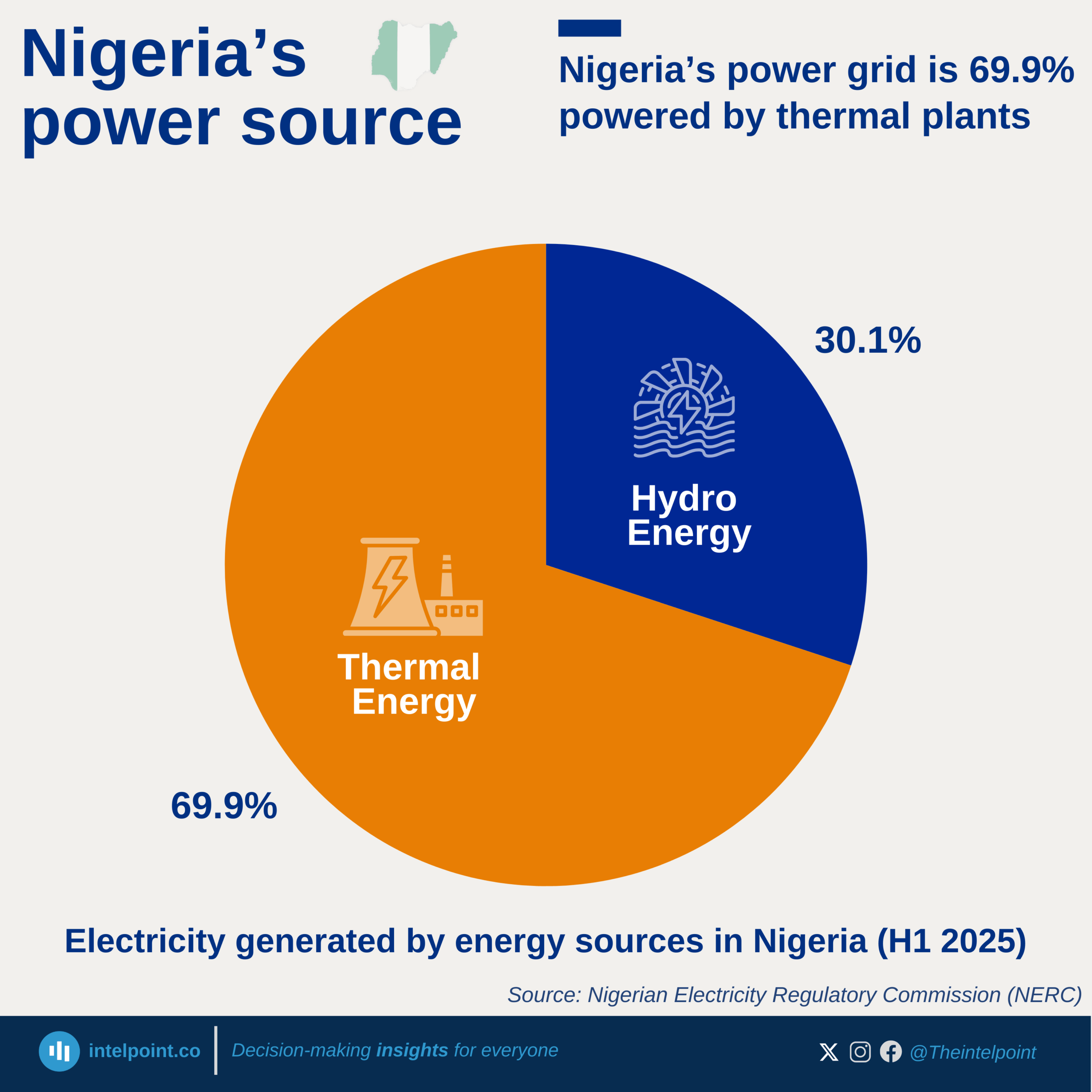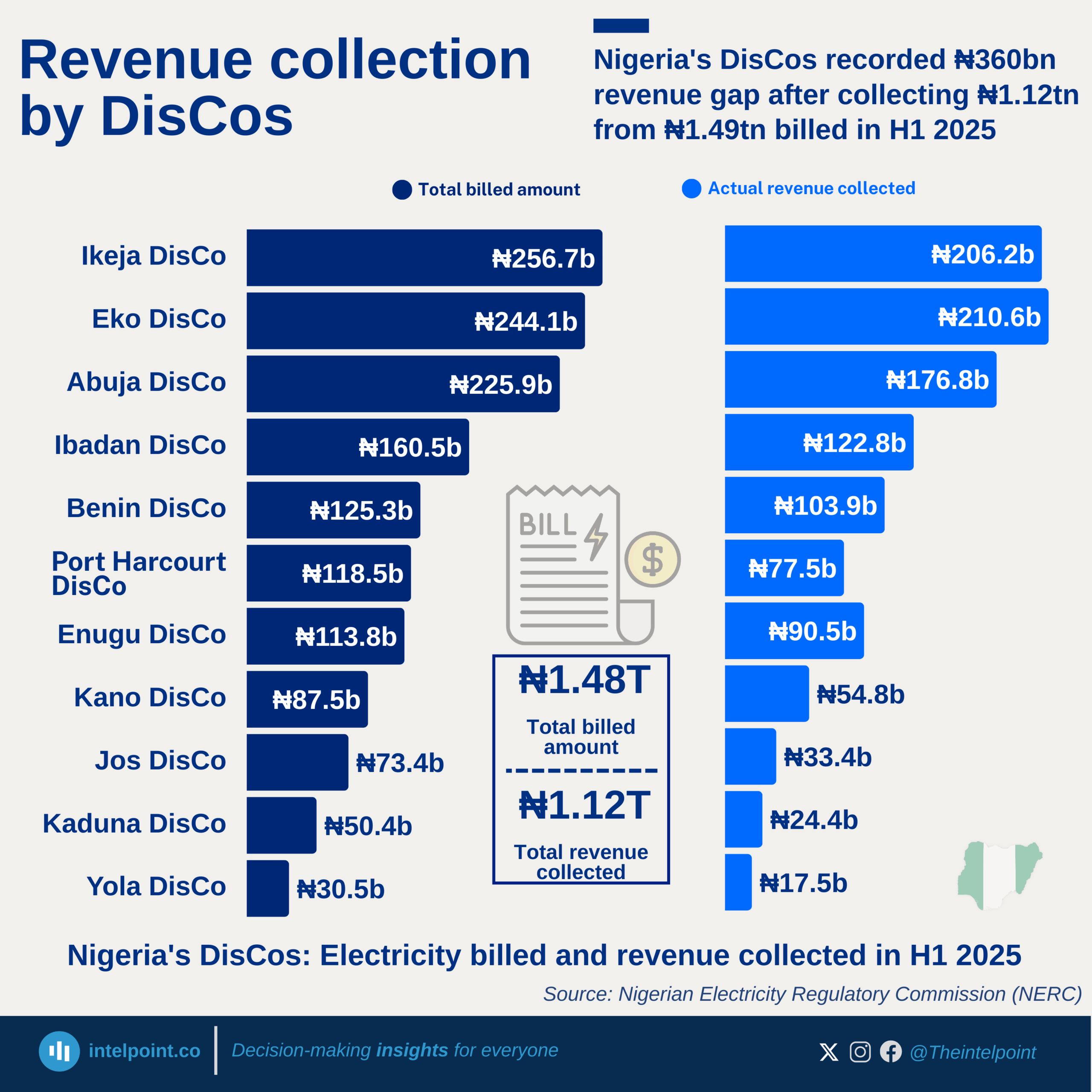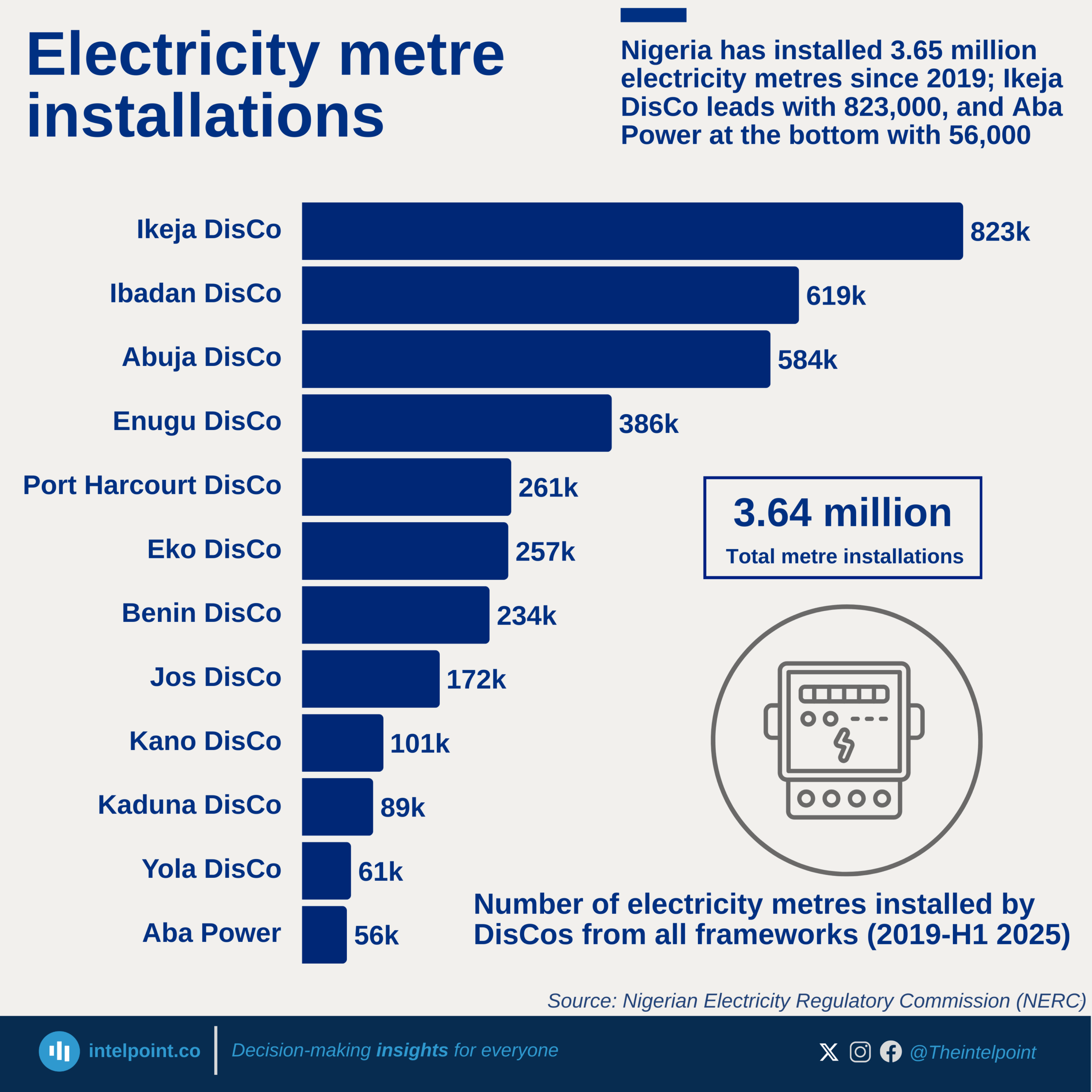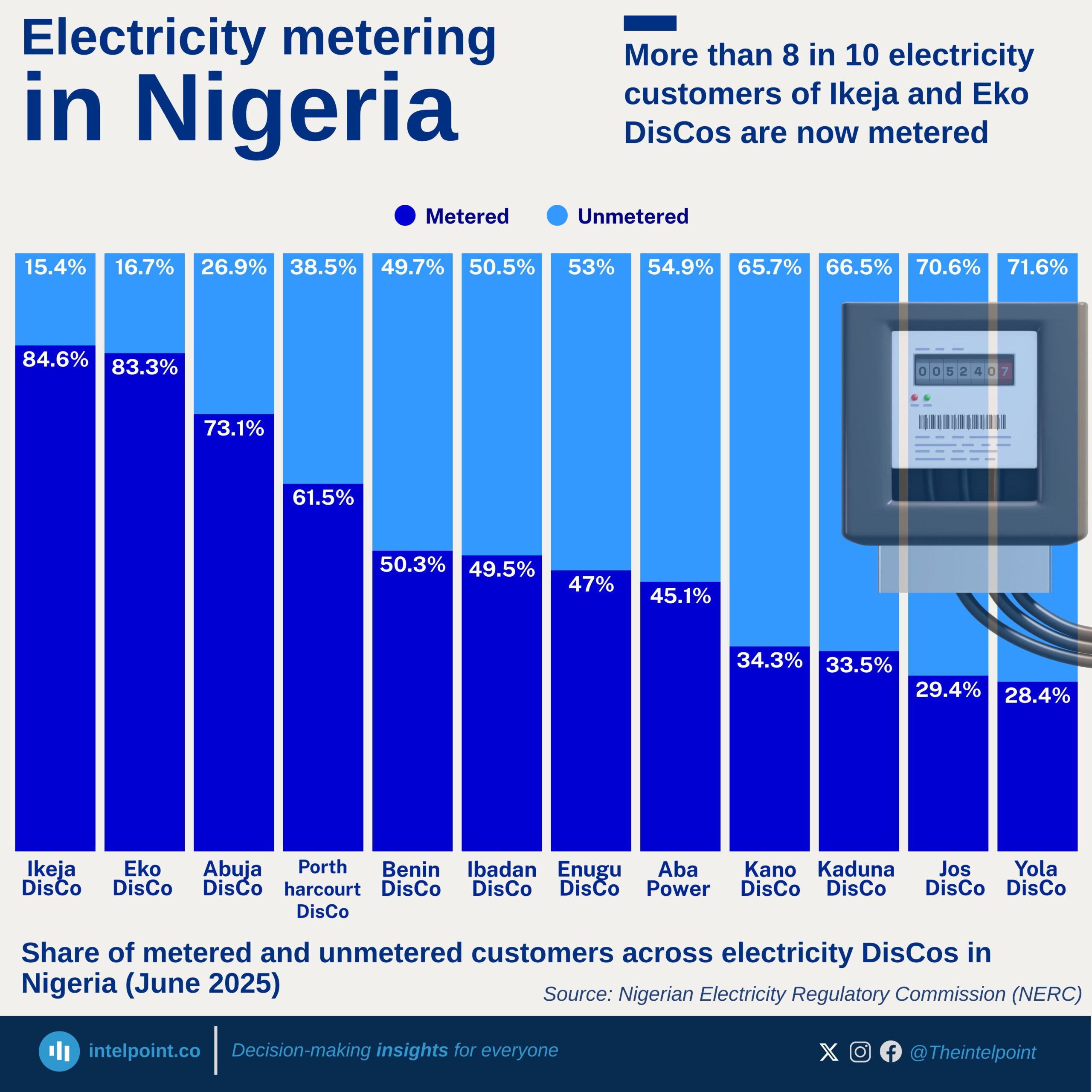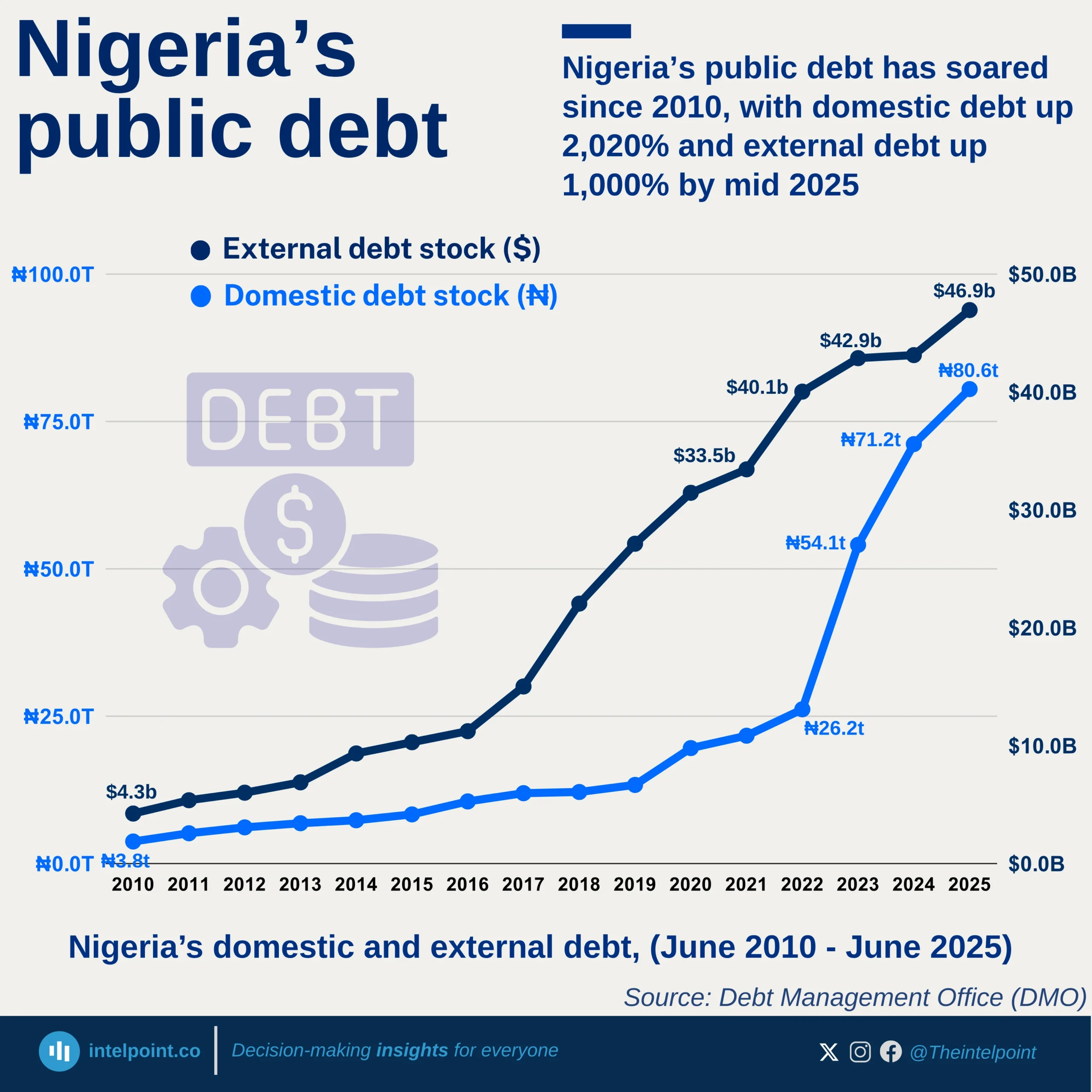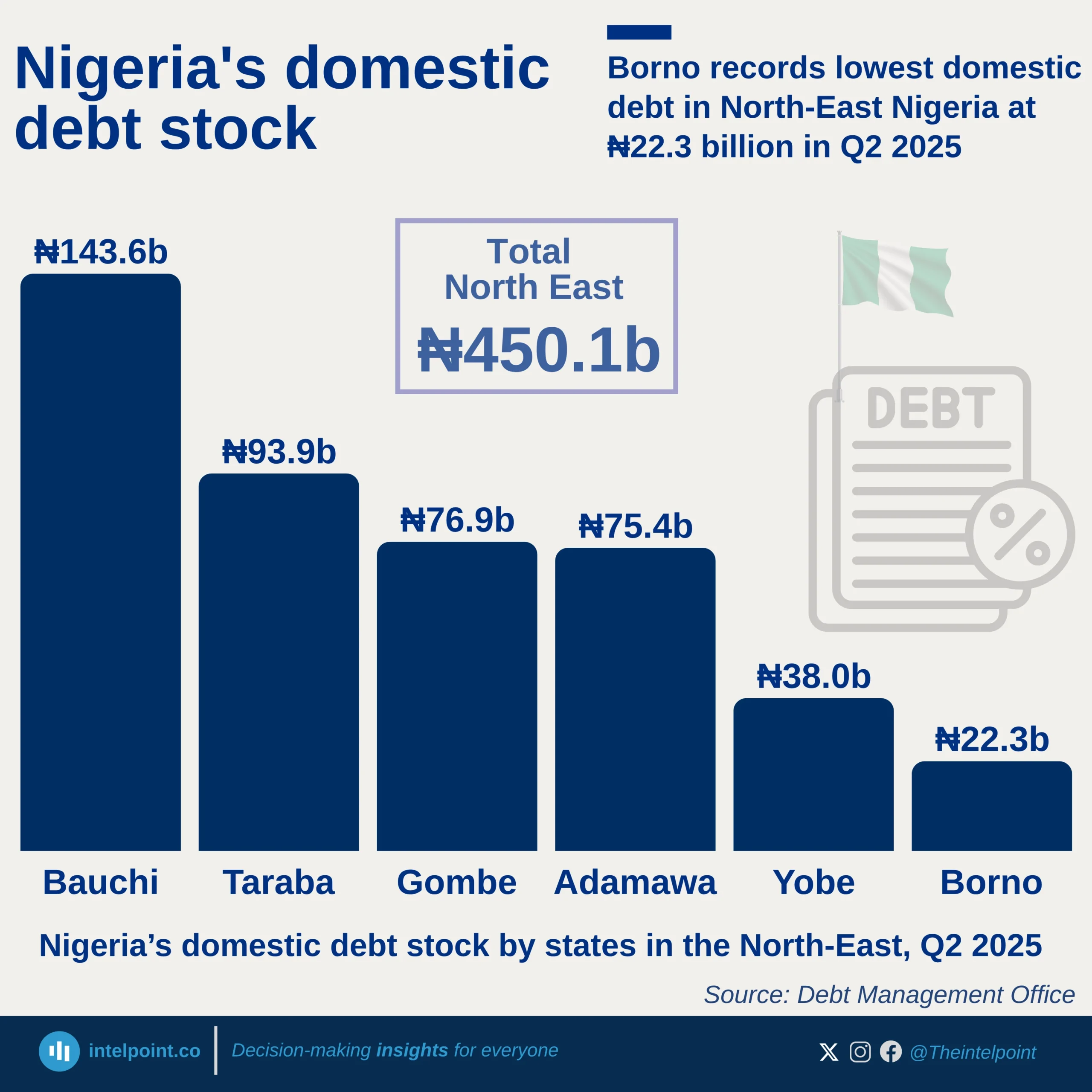Nigeria’s Foreign Direct Investment trajectory from 1990 to 2024 paints a vivid picture of economic highs and lows. In the 1990s and early 2000s, FDI hovered around $1–2 billion. It surged in the mid-2000s, climbing rapidly to reach $8.91 billion in 2011, the country’s strongest year in attracting foreign capital. This era coincided with oil sector liberalisation and Nigeria’s re-emergence as a key frontier market.
However, post-2011, inflows began a steady decline. By 2018, FDI had dropped below $1 billion, the lowest point in decades. Although modest recoveries were seen in later years, 2024 closed at $1.08 billion, far from the highs of the previous decade.
